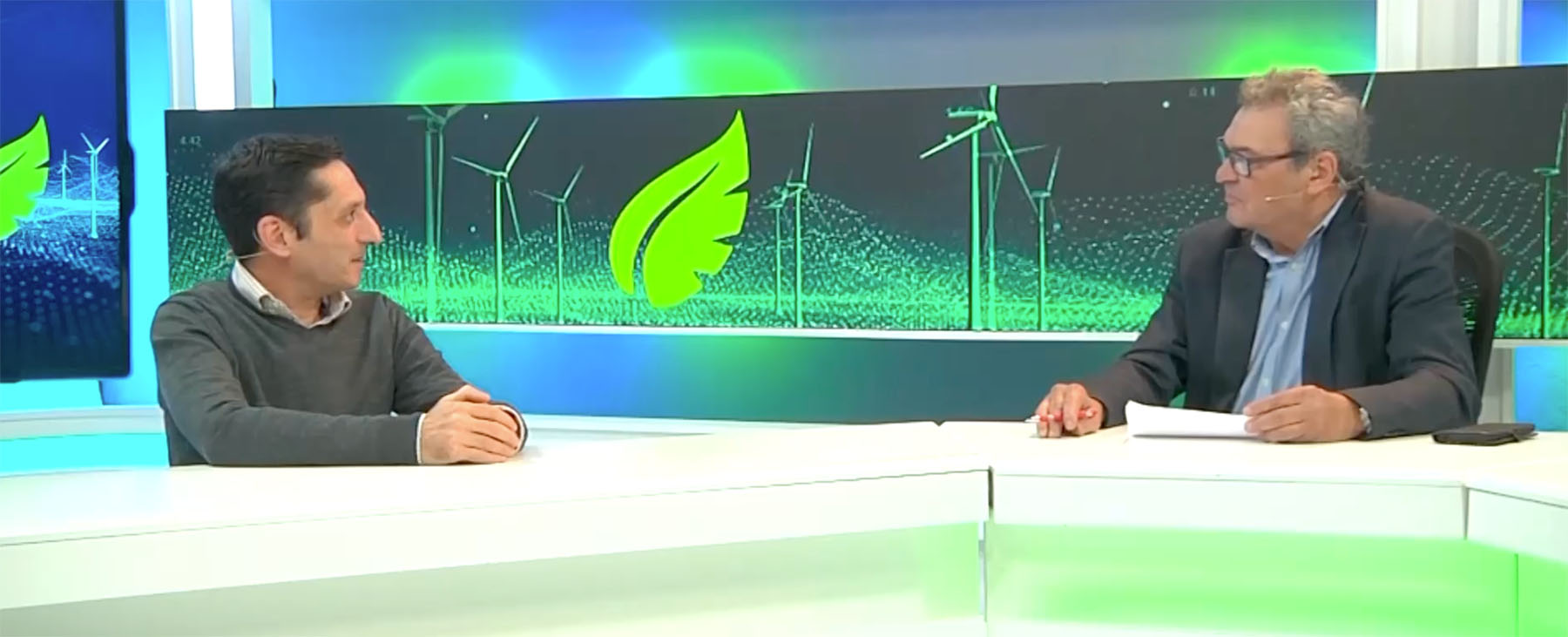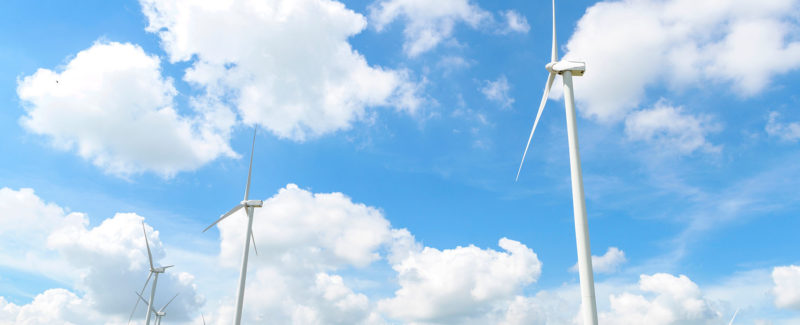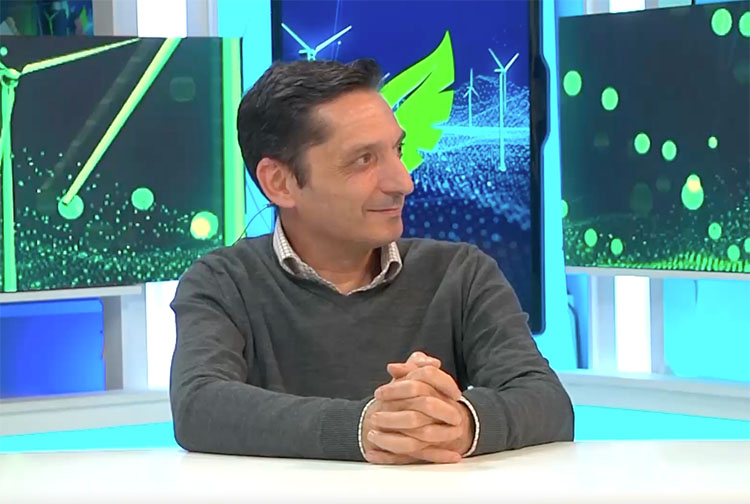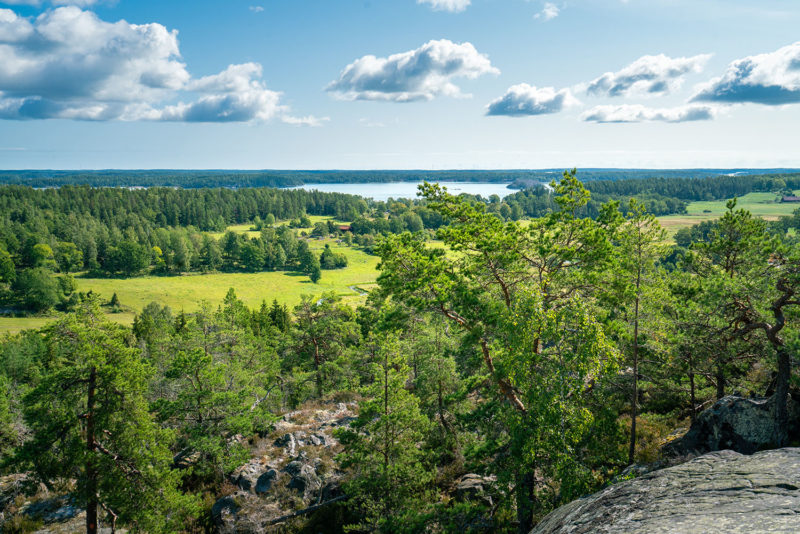

Energy transition and greenflation
Greenflation is the term that refers to the increase in prices related to the energy transition. Xavi Viñolas, editor of 11Onze Magazine, visits Energia, the new programme hosted by Eduard Berraondo, to talk about the economic cost of the fight against climate change.
Rising energy, raw material and food prices have pushed inflation to record highs. The causes are diverse and varied: climate disasters, geopolitics, and monetary policy play a key role. But part of this inflationary pressure is caused by the energy transition to a ‘greener’ production model. This is known as greenflation.
This increase in prices is directly related to the materials and minerals used in favour of renewable energies, “when demand rises for the production of batteries for electric cars, solar panels or windmills, the raw materials used to produce these products go up in price”, Viñolas points out.
A phenomenon that is a necessary paradox that goes with the effort to fight climate change: the more we want to accelerate this transition, the more expensive it becomes. And yes, the energy transition is necessary and inevitable, but, as the editor of 11Onze explains, “the transition has a cost, and at the current rate, this cost is unsustainable”.
That said, it is expected that in the long run, economies of scale, more funding for green projects, and above all, reducing the cost of this funding, will offset some of the effects of green inflation, ensuring the viability of the transition to a more sustainable model.
The European Union, shooting itself in the foot
Europe’s poor planning before deciding to dispense with multiple local energy sources such as coal or nuclear energy, without a domestic substitute, has weakened European energy sovereignty, unable to cope with the arrival of winter and the reopening of its economy after the pandemic.
On the other hand, the old continent’s eagerness to follow the geopolitical interests of the United States by neutering Russian oil and gas supplies has caused the price of energy to multiply exponentially, raising the cost of living of the population to unsustainable levels and, at the same time, endangering Europe’s failing manufacturing industry.
Unfortunately, Europe is becoming the region with the highest energy costs in the world, and much of this was an avoidable crisis. As Viñolas says, “natural disasters are beyond our control, but the sanctions on Russia and the sabotage of gas pipelines have wrecked the European economy, and these are things we brought on ourselves”.
11Onze is the community fintech of Catalonia. Open an account by downloading the super app El Canut for Android or iOS and join the revolution!
If you liked this article, we recommend you read:
 Sustainability
SustainabilityWhat is greenflation?
2 min readWidespread price hikes are also affecting the energy transition, specifically in the rising cost
Leave a Reply
You must be logged in to post a comment.





Molt entenedor, gràcies!!!
Gràcies, com diu en Berraondo la gent d’11onze sempre expliquen les coses amb claredat. Clar i català! Gran eslògan per 11Onze.
Gràcies!
Moltes gràcies per l’explicació sobre la “greenflation” 👍